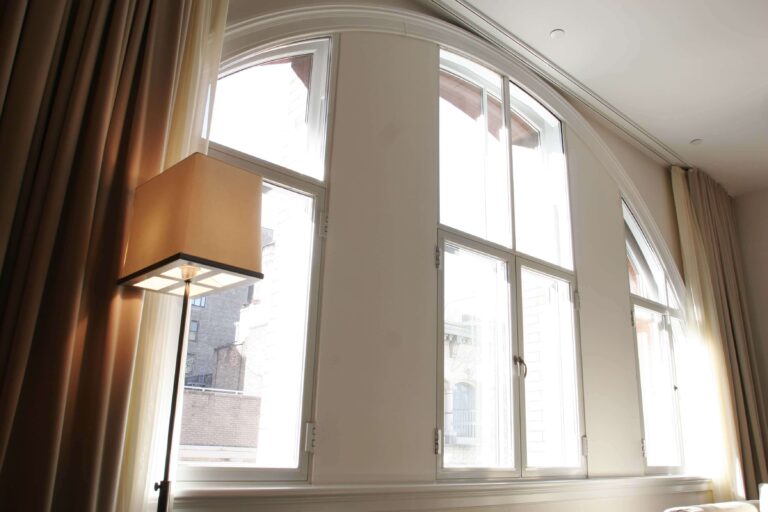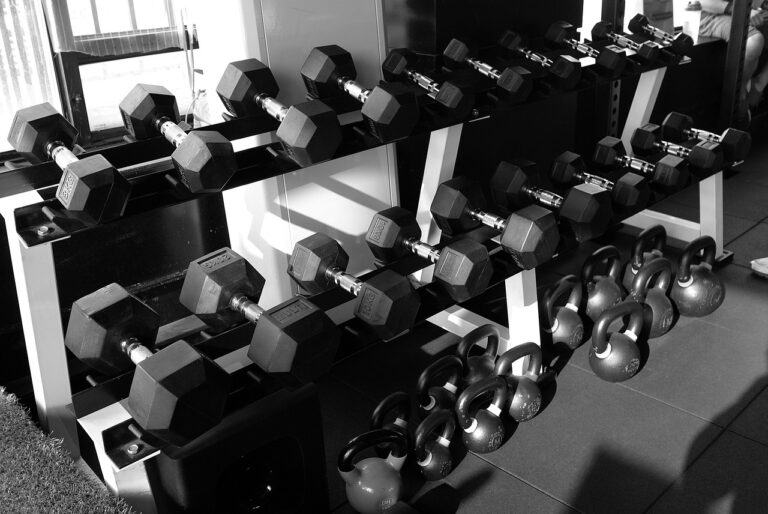Seasonal Noise Control: How Soundproof Windows Help NYC Residents Year-Round
New York City’s energy is unmatched, but with that energy comes an ever-changing backdrop of noise, dust, and seasonal challenges that can impact daily life at home. From the lively sounds of summer to the bustling winter streets, urban living means adapting to a variety of environmental shifts throughout the year. Fortunately, high-performance soundproof windows […]








